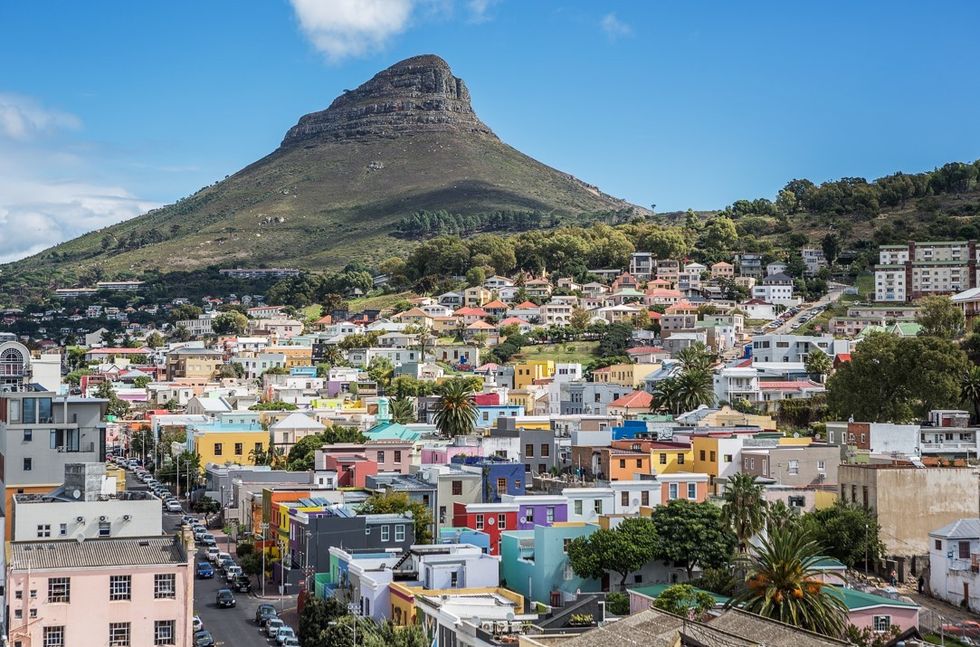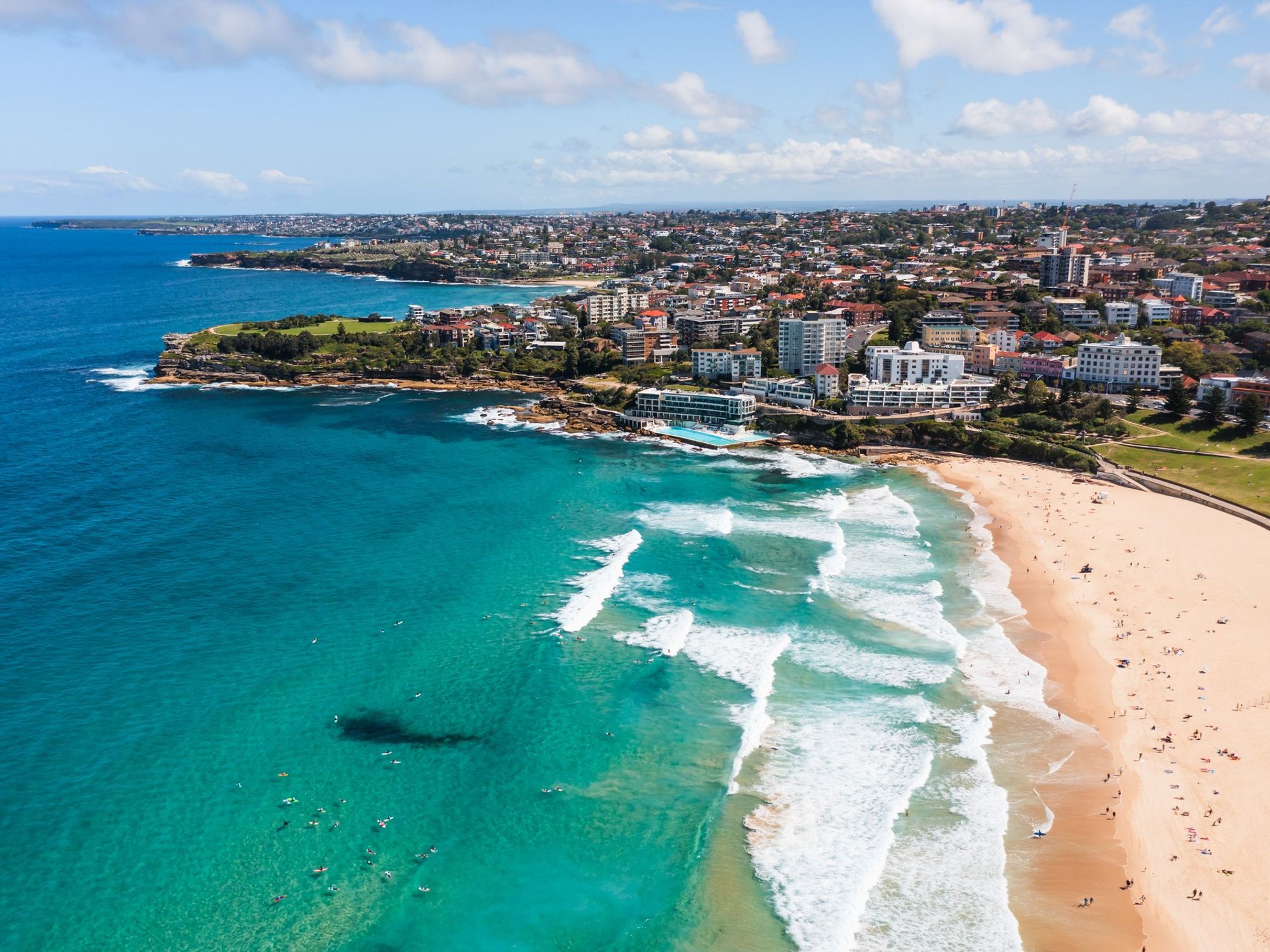Before going abroad, Britons should check the latest guidance for their chosen destination
Foreign, Commonwealth and Development Office
As of April 4, the popular destination has reported six confirmed cases of mpox clade I so far in 2025
Don't Miss
Most Read
Trending on GB News
Britons travelling to South Africa have been issued new travel guidance due to an outbreak of disease.
The Foreign, Commonwealth and Development Office (FCDO) highlighted the health risks tourists could face, including mpox.
Mpox is an infectious disease caused by the MPXV virus. As of April 4, South Africa has reported six confirmed cases of mpox clade I so far in 2025.
The "ongoing outbreak" - as described by TravelHealthPro - involves the clade Ib variant of the virus. There are two distinct clades: clade I (with subclades Ia and Ib) and clade II (with subclades IIa and IIb).

The FCDO alerted Britons to health risks in South Africa, including mpox
GETTY IMAGESTravelHealthPro warned that clade I "causes more severe illness than other mpox clades". However, it's important to note that the "risk of mpox is low for most travellers".
What's more, it "does not spread easily between people unless there is close contact".
Symptoms
For those who do develop mpox, the incubation period ranges from five to 21 days. Initial symptoms include fever, headache, muscle aches, joint pain, swollen lymph nodes, chills and exhaustion.
A rash typically develops one to five days after fever appears, often starting on the face before spreading to other body parts.
Prevention
Travellers can reduce their risk of mpox by avoiding contact (including sexual contact) with anyone who is unwell or has an unusual rash.
Washing hands frequently with soap and water or alcohol-based sanitiser is also essential, as is only touching your face with clean hands.
Travellers should steer clear of contact with animals, especially rodents.
They should not eat or prepare bushmeat or meat from unknown sources.
What to do if you experience symptoms abroad
Travellers experiencing symptoms abroad should limit contact with others and seek medical advice locally, calling ahead before visiting healthcare facilities.
Anyone diagnosed with mpox should avoid sex while symptomatic and use condoms for 12 weeks after infection.
It's important to follow local public health advice at all times. Unwell travellers may need to self-isolate, be admitted to a hospital or quarantine in a facility.
Those who become unwell after returning to the UK should seek medical advice by telephone, following current NHS guidance.
Vaccine
Vaccination is available in London and Greater Manchester for those most likely to be exposed to mpox. The NHS provides information on mpox vaccination sites.
For the current clade I outbreak, vaccination indications for pre-exposure travel vaccination are being reviewed, but it is not currently recommended for travellers.
Other health risks
South Africa has several other health risks Britons should be aware of, including malaria, chikungunya and cholera.
Altitude sickness is a risk in parts of the country, including Johannesburg.
HIV is also prevalent in South Africa. Visitors should take normal precautions to avoid exposure.
The FCDO advised Britons to check vaccine recommendations at least eight weeks before travel, available on TravelHealthPro.
The NHS also provides Travel vaccination advice, including where to get them and whether or not they incur a cost.
LATEST DEVELOPMENTS

Before visiting South Africa, Britons should consult the FCDO's latest travel guidance
GETTY IMAGES
In an emergency, visitors should dial 112 (from a mobile) or 10177 and ask for an ambulance. For regional emergency numbers available, check locally.
If referred to a medical facility for treatment, Britons should contact their insurance or medical assistance company quickly.
For comprehensive guidance on how to stay safe in South Africa during the mpox outbreak, Britons should consult TravelHealthPro.
Holidaymakers were warned that travel to an mpox-affected area may affect travel health insurance options.
South Africa is a beautiful tourist destination known for its Big Five safaris, breathtaking beaches and stunning hiking trails - not to mention almost year-round sunshine.
But before visiting the popular spot, it's important to be aware of the FCDO's most up-to-date guidance on warnings and insurance, entry requirements, safety and security, health and getting help.








